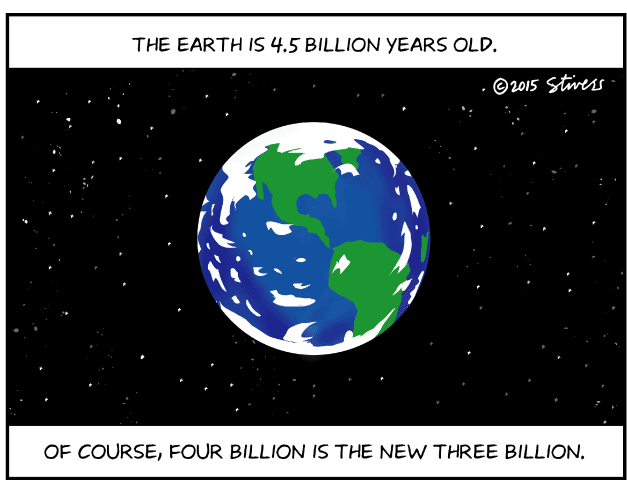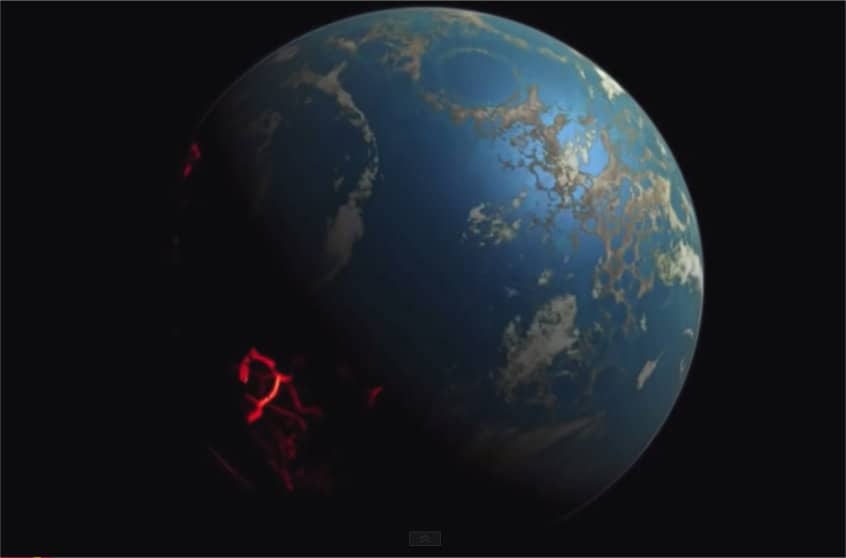The earth is about 4 5 billion years old but that s only a third of the age of the universe which is 13 5 billion years old

The Earth is just a fraction of the age of the Universe

Did you know that the Earth is estimated to be around 4.5 billion years old? That’s quite impressive, isn’t it? However, when we consider the age of the universe, our planet’s age seems relatively young. The Universe, believe it or not, is about 13.5 billion years old.

To comprehend the vastness of time, let’s take a journey back in time. Imagine the Earth as it was 4.5 billion years ago. It was a very different place compared to our modern world. Back then, the Earth was a chaotic and violent planet, constantly bombarded by asteroids and comets. It lacked the life forms and structures we are familiar with today.
Scientists determined the age of the Earth by studying rocks and minerals found on our planet. By using radiometric dating techniques, they were able to estimate the time since the formation of these rocks. These dating methods rely on the decay of radioactive isotopes within the rocks, giving scientists invaluable insights into the Earth’s ancient history.
But how does the Earth’s age compare to the age of the Universe? The Universe, as we know it, originated from a cosmic event called the Big Bang. This cataclysmic explosion occurred approximately 13.5 billion years ago, marking the beginning of time itself. Since then, the Universe has been expanding and evolving, giving rise to galaxies, stars, planets, and ultimately, life.
It’s mind-boggling to think about the huge time span between the birth of the Universe and the formation of our planet. The Earth, in its infancy, was just starting to take shape while the Universe had already existed for almost 10 billion years. This vast expanse of time allows us to appreciate the astounding cosmic processes that shaped our world.
To determine the age of the Universe, scientists study the cosmic microwave background radiation. This radiation is a relic of the Big Bang and provides vital clues about the age and composition of the Universe. By analyzing the patterns and fluctuations in this radiation, researchers can deduce the Universe’s age with remarkable accuracy.
In conclusion, while the Earth’s age of 4.5 billion years may seem ancient to us, it is merely a fraction of the age of the Universe. With a staggering age of 13.5 billion years, the Universe holds a history much grander than we can fathom. Understanding our place in this vast cosmic timeline allows us to appreciate the wonders of the Universe and the remarkable journey our planet has undergone throughout billions of years.
Source: American Institute of Physics
Related Posts
Quick Links
Legal Stuff

